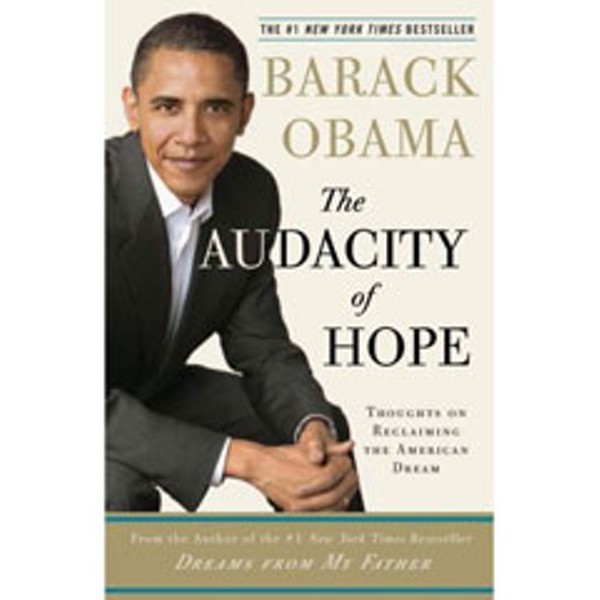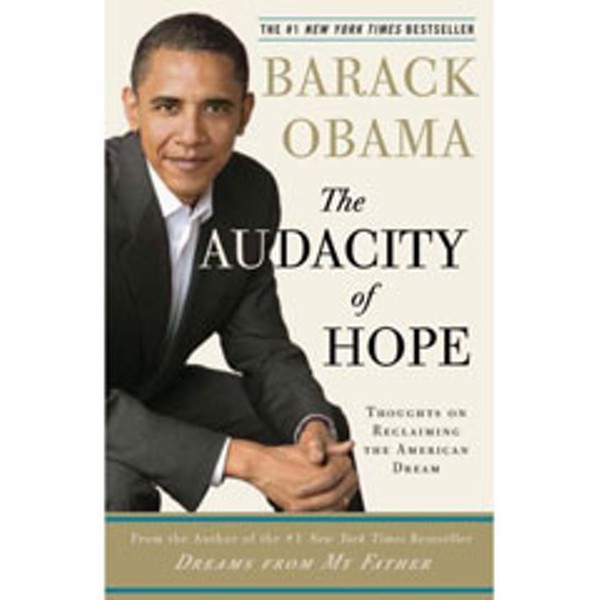Inauguration Day will be a day of celebration for many and perhaps a little sadness for others. Whatever your feelings about Barack Obama, the United States will swear in a new president on Jan. 20. In The Audacity of Hope, we gain insights into our new president's life and philosophy.
Obama shows us his political views by telling the story of his political career: his initial political loss in Illinois, the luck he had in rising to the state senate and later the U.S. Senate, and his meetings with Senator Byrd and George W. Bush. He describes the partisan lines that are drawn in politics and the relationship between politics and faith, including mention of the now infamous Rev. Jeremiah Wright, from whom he borrowed the title of the book.
Obama also gives us some insight to the personal elements of his public life: how he met his wife, Michelle, his soft-heartedness toward his daughters, and the struggle to balance his work life with family life. He attempts to show us who he is by telling his story of being raised by women like his mother and grandmother and his first-hand experience of race-relations in America.
Beyond that, in the framework of a memoir, Obama outlines Democratic policy positions on issues he believes in: health care, education and abortion, among others -- and gives the reader a chance to analyze his methodology in arriving at his beliefs. He is systematic and rational about approaching things that matter to Americans. He tries to understand more than just the plight of the poor and working class, putting himself in the shoes of conservatives whom he may not always agree with.
Barack Obama seems to be a man of limitless empathy for others, which is a characteristic that shines throughout the book. In describing his decision to avoid flying on private jets, for example, he tells the story of flying commercial and his annoyance at having a delayed flight. While waiting, he meets a man with Parkinson's disease who hoped Congress would do something about stem cell research so he might play catch with his son one day. "These are the stories you miss when you fly on a private jet," he writes.
He describes people with so much detail that one wonders if he took notes during every conversation. Although he has a tendency to ramble, which he admits, his storytelling ability has a novelist's sentimentality. As is common with politicians, his stories serve a political purpose: connecting with Americans, with very convincing rhetoric. His empathy is also so pervasive -- we get the impression of a man who truly cares for and understands the people he has met.


Comments